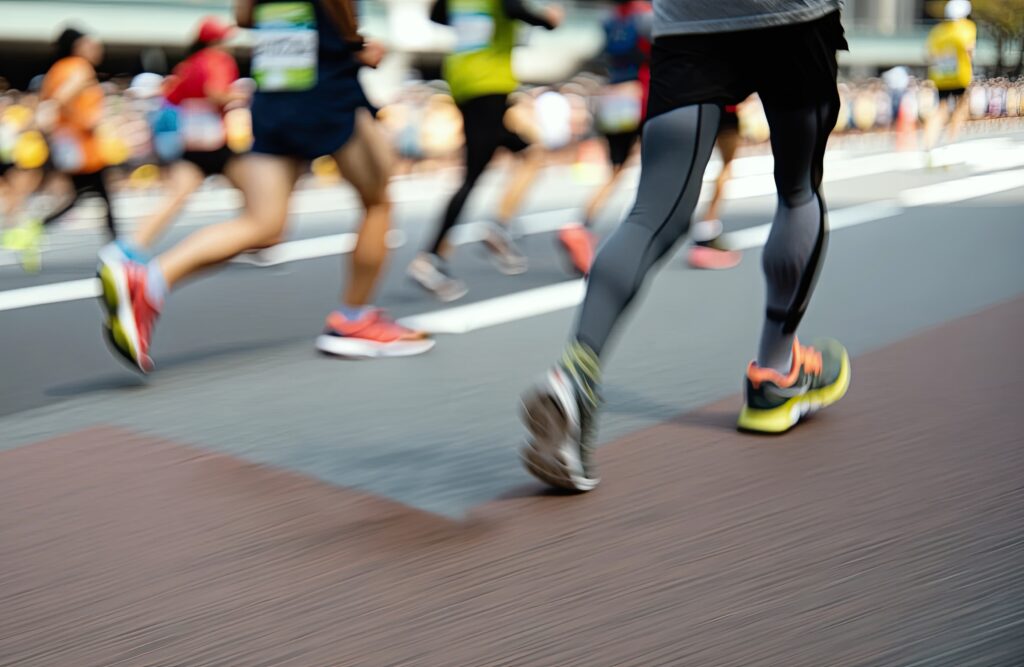As marathon season kicks off across Europe, thousands of runners are preparing for the 42.2-kilometer challenge. After months of training, the race promises not only medals and personal victories but also significant physical changes. While crossing the finish line is a monumental achievement, it comes with surprising effects on the body that every runner should be aware of. Here’s what happens to your body during and after a marathon.
1. Temporary Height Loss
It’s common for marathon runners to experience a slight decrease in height during the race. Research indicates that runners can lose up to half an inch due to the loss of fluid between spinal discs and muscle compression. Thankfully, this is a temporary effect and the height returns with proper rest after the race.
2. Dehydration Is Inevitable
One of the most significant physical challenges during a marathon is staying hydrated. On average, runners can lose up to 5 kilograms (about 11 pounds) through sweat during the race. This significant fluid loss makes staying hydrated crucial to prevent dizziness, fainting, and muscle fatigue. Regularly hydrating at water stations can support your performance and aid in quicker recovery post-race.
3. Your Body Burns a Huge Amount of Calories
A marathon is a calorie-burning machine. Depending on factors like weight, age, and fitness level, you may burn around 3,500 calories during the race. To fuel your body for such an effort, runners typically carb-load the night before and use energy gels throughout the race to replenish carbohydrates and maintain energy levels.
4. Post-Race Hunger May Disappear
While most runners imagine devouring a huge meal after completing the race, many report feeling little to no appetite. The intense exercise and stress from running a marathon redirect blood flow to the muscles and heart, suppressing hunger hormones like ghrelin. This can make it harder to feel hungry despite physical exertion.
5. Difficulty Sleeping Afterward
Even after completing the race, many marathon runners struggle with sleep. Crossing the finish line triggers a rush of adrenaline and cortisol, the stress hormones that keep the body alert. These elevated hormone levels can disrupt sleep, causing restlessness despite physical exhaustion.
6. Blisters, Chafing, and Toenail Loss Are Common
The toll that a marathon takes on your body often manifests in unexpected ways. Blisters and chafing are common, especially in areas like the feet, nipples, and inner thighs. Some runners may even lose toenails as a result of the constant pounding on the pavement. These injuries serve as a reminder of the wear and tear that long-distance running places on the body.
7. Post-Marathon Blues Are Real
After the high of completing a marathon, many runners experience what’s known as “post-marathon blues.” This emotional dip can occur when the structured training ends and the sense of accomplishment fades. It’s normal to feel a sense of loss or even sadness after the race, as the intense focus on training and achievement comes to a sudden halt.
Running a marathon is more than just a physical challenge — it’s an emotional and mental journey as well. From temporary height loss to post-race emotional lows, your body undergoes a series of surprising changes that you may not be prepared for. However, the sense of achievement and the physical benefits that come with such an accomplishment are undeniable. Whether you’re a seasoned marathoner or a first-timer, understanding these effects can help you better prepare for what comes after the race


